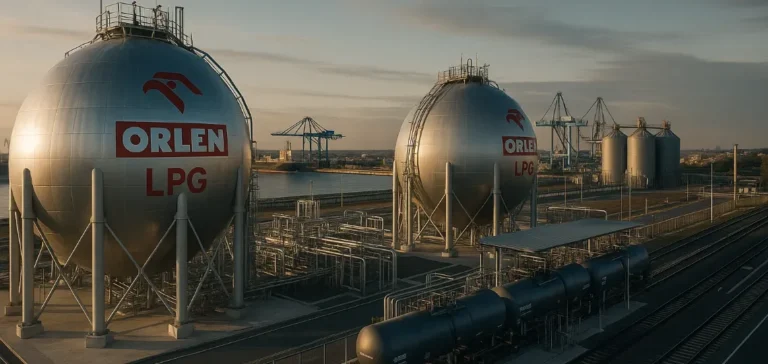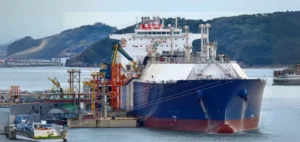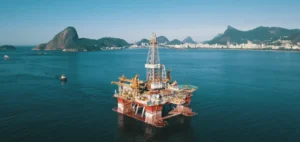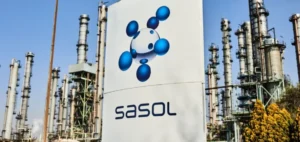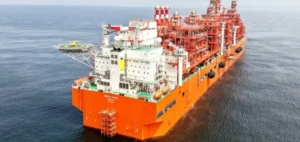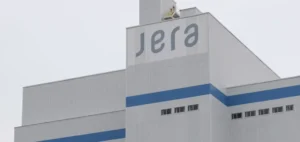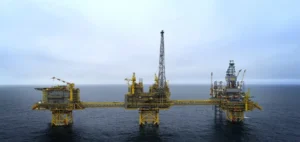ORLEN Paliwa, a subsidiary of the ORLEN Group specialised in wholesale fuel distribution, has completed a significant investment to expand liquefied petroleum gas (LPG) import and storage capacity at the maritime terminal in Szczecin, north-western Poland. The works have doubled storage capacity and increased annual handling to 400,000 tonnes, representing about a 65% increase compared to the initial situation. This project, valued at more than 150 million Polish zloty (PLN), approximately $36.5mn, aims to further secure LPG supplies for ORLEN’s petrol stations across Poland. The entire project was executed by a consortium composed exclusively of Polish companies.
Development of rail infrastructure
In response to rising demand for maritime imports, ORLEN has expanded the site’s rail infrastructure, adding three new tracks, a modern railcar unloading station with integrated weighing equipment, and a brand-new LPG pumping station. This logistical enhancement now facilitates imports, given that 35% of LPG entering Poland currently arrives via maritime routes. Rail remains, however, the primary domestic transportation mode. The project, launched in 2022, took two years to complete, with AGAT S.A. as the lead contractor.
The centrepiece of this expansion is the installation of two new LPG storage tanks, each 75 metres in length, manufactured by the Gdynia Shipyard. Each tank has an individual capacity of 2,100 cubic metres and weighs approximately 400 tonnes. The terminal now has a total storage capacity of 8,700 cubic metres, significantly boosting its competitiveness in the LPG import sector in Poland.
Diversified supply and increased autonomy
Since 2022, ORLEN Paliwa has ceased importing LPG from Russia, refocusing on supplies from its own refineries located in Poland and Lithuania. The remainder comes from markets in Western and Northern Europe. Currently, ORLEN Paliwa holds around 30% of the Polish domestic LPG market, with an extensive network of specialised terminals located across seven national sites: Hrubieszów, Krosno Odrzańskie, Nowa Brzeźnica, Płock (Chemików and Długa sites), Sokółka, and Szczecin.
Most LPG distributed in Poland is used in the transport sector as autogas, representing nearly 75% of total consumption in 2024. The remainder serves heating requirements in municipal, industrial, and agricultural sectors. The increased import capacity at the Szczecin terminal enables ORLEN to better respond to the growing national demand, particularly for propane intended for heating and autogas production.
According to Marek Balawejder, Member of the Management Board responsible for Retail Sales at ORLEN, the expansion “significantly enhances supply security for ORLEN petrol stations and improves overall efficiency in the group’s Consumers & Products segment.”


